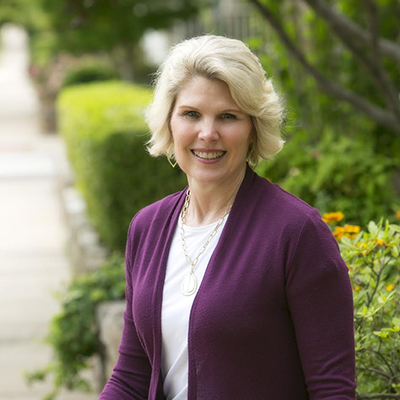145 Physical Intimacy Issues for Stepfamily Couples
As a blended family couple, it’s not uncommon to experience sexual pitfalls that bring additional stress to your relationship. How do you prevent physical intimacy issues and work through those that have shown up?
In this episode, Ron Deal and Gayla Grace talk about how to build trust and emotional safety to overcome common pitfalls such as: the comparison trap, fear and insecurity from “ghosts” of marriage past, unlearning old rhythms of sexual practice and learning new ones, and lingering messages from prior sexual experiences that can inhibit healthy physical intimacy in marriage. In addition, you’ll understand more about the biblical view of healthy sexuality and why God established boundaries around it.
Show Notes
- Make plans to join us at the Summit on Stepfamily Ministry!
- Check out where Ron will be speaking.
- Listen to or watch episode 30, 66, or 131 of the FamilyLife Blended Podcast
- Send a donation and get a copy of The Smart Stepfamily Marriage
About the Guest

Gayla Grace
Gayla Grace serves on staff with FamilyLife Blended, a division of FamilyLife, is the founder of Stepparenting with Grace, and co-founder of Sisterhood of Stepmoms.
She is a writer, speaker, and coach on stepfamily life and is passionate about equipping blended families. She holds a master’s degree in Psychology and Counseling and is the author of Stepparenting With Grace: A Devotional for Blended Families and co-author of Quiet Moments for the Stepmom Soul and Unwrapping the Gift of Stepfamily Peace.
Gayla and her husband, Randy, have been married since 1995 in a “his, hers, and ours” family. She is the mom to three and stepmom to two young adults. Gayla and Randy are recent empty nesters and live in Conway, AR.
Twitter: @GaylaGrace
Instagram: @FamilyLifeBlended
Facebook: @FamilyLifeBlended
Website: www.familylife.com/blended
Gayla Grace serves on staff with FamilyLife Blended, a division of FamilyLife, and is passionate about equipping blended families as a writer and a speaker. She is author of Stepparenting with Grace: A Devotional for Blended Families and co-author of Quiet Moments for the Stepmom Soul. Gayla holds a master’s degree in Psychology and Counseling. She and her husband, Randy, have been married since 1995 in a “his, hers, and ours” family. She is the mom to three and stepmom to two young adults.
About the Host

Ron Deal
Ron L. Deal is one of the most widely read and viewed experts on blended families in the country. He is Director of FamilyLife Blended® for FamilyLife®, founder of Smart Stepfamilies™, and the author and Consulting Editor of the Smart Stepfamily Series of books including the bestselling Building Love Together in Blended Families: The 5 Love Languages® and Becoming Stepfamily Smart (with Dr. Gary Chapman), The Smart Stepfamily: 7 Steps to a Healthy Family, and Preparing to Blend. Ron is a licensed marriage and family therapist, popular conference speaker, and host of the FamilyLife Blended podcast. He and his wife, Nan, have three sons and live in Little Rock, Arkansas. Learn more at FamilyLife.com/blended.
